 (2022)
(2022)Chapter 6: HR machine learning in recruiting
In: Handbook of Research on Artificial Intelligence in Human Resource Management, Cheltenham, UK: Edward Elgar Publishing, 2022, S. 105–126, Cheltenham, UK
Laumer, S., Maier, C., and Weitzel, T.
 (2022)
(2022)
Chapter 6: HR machine learning in recruiting
In: Handbook of Research on Artificial Intelligence in Human Resource Management, Cheltenham, UK: Edward Elgar Publishing, 2022, S. 105–126, Cheltenham, UK
Fischbach, K., Overhage, S., Staake, T., and Weitzel, T.
(2016)
Einleitung
in Benker, T.; Jürck, C.; Wolf, M. (Hrsg.): Geschäftsprozessorientierte Systementwicklung. Von der Unternehmensarchitektur zum IT-System. Springer, Berlin 2016, S. 1-7.
Weinert, C., Maier, C., Laumer, S., and Weitzel, T.
 (2015)
(2015)
Controlling der Rekrutierung: Erhebung von Kennzahlen entlang des Recruiting-Prozesses
in Praxishandbuch Controlling, W. Becker and P. Ulrich (eds.), Wiesbaden: Springer Fachmedien Wiesbaden, pp. 1-14
Wiesinger, A., Beimborn, D., and Weitzel, T.
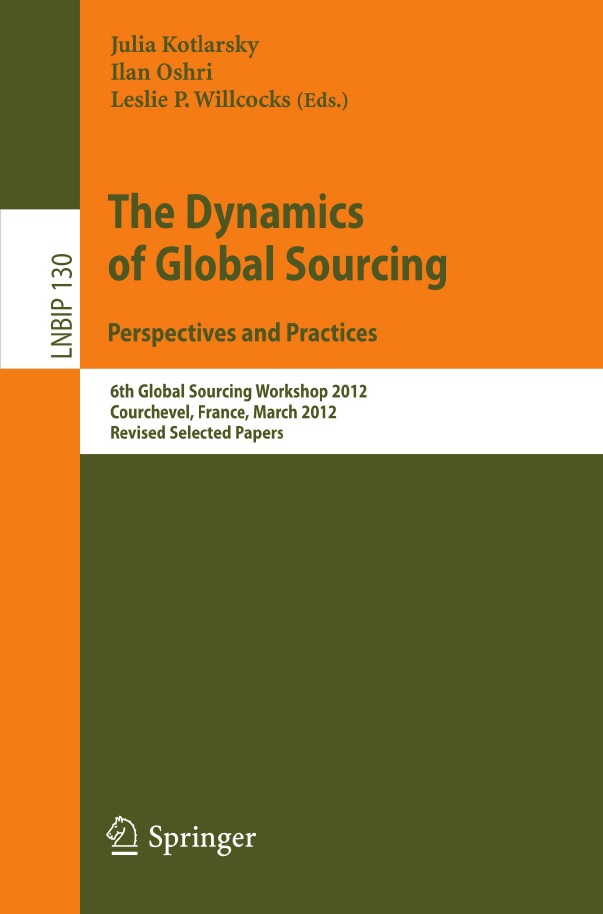 (2012)
(2012)
How Do Planned and Actual Interaction Structures Differ in Global Outsourcing Arrangements?
In: Kotlarsky, J., Oshri, I., and Willcocks, L. P. (eds.): The Dynamics of Global Sourcing: Perspectives and Practices, Springer Verlag, Berlin, 20-38.
Weitzel, T., Eckhardt, A., Laumer, S., and von Stetten, A.
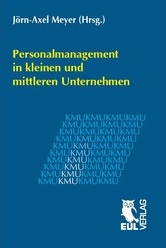 (2012)
(2012)
Personalbeschaffung im deutschen Mittelstand - Eine empirische Analyse des Status quo
In: Meyer, J.-A. (ed.): Personalmanagement in kleinen und mittleren Unternehmen, JOSEF EUL VERLAG, Lohmar, 131-157. Erhältlich unter: http://www.amazon.de/Personalmanagement-kleinen-mittleren-Unternehmen-KMU-Forschung/dp/3844101462/ref=sr_1_1?ie=UTF8&qid=1339675191&sr=8-1
von Stetten, A., Beimborn, D., Weitzel, T., and Reiss, Z.
 (2011)
(2011)
Managing the Impact of Differences in National Culture on Social Capital in Multinational IT Project Teams - A German Perspective
In: Heinzl, A., Buxmann, P., Wendt, O., and Weitzel, T. (eds.): Theory-Guided Modeling and Empiricism in Information Systems Research, Physica-Verlag, Heidelberg, 187-206. Erhältlich unter: http://www.amazon.de/Theory-Guided-Modeling-Empiricism-Information-Research/dp/3790827800/ref=sr_1_1?ie=UTF8&qid=1317916027&sr=8-1
Eckhardt, A., Brickwedde, W., Laumer, S., and Weitzel, T.
 (2011)
(2011)
The Need for a Recruiter 2.0 for Hiring IT Talent - The German Software Manufacturer Case
in: Jerry Luftman (ed.): Managing IT Human Resources: Considerations for Organizations and Personnel, IGI Publishing. Erhältlich unter: http://www.igi-global.com/bookstore/titledetails.aspx?TitleId=45966&DetailsType=Preface
Wüllenweber, K., Beimborn, D., Weitzel, T., and König, W.
(2009)
The Impact of Process Standardization on Business Process Outsourcing Success
In: Willcocks, L., Lacity, M. (eds.): Outsourcing Information Systems, Sage Publications, 142-164. Erhältlich unter: http://www.amazon.de/Outsourcing-Information-Systems-Business-Management/dp/1848604459/
Wüllenweber, K., König, W., Beimborn, D., and Weitzel, T.
(2009)
The Impact of Process Standardization on Business Process Outsourcing Success
In: R. Hirschheim, A. Heinzl, J. Dibbern (eds.): Information Systems Outsourcing: Enduring Themes, Global Challenges, and Process Opportunities, Springer, Heidelberg, 527-548
Keim, T., and Weitzel, T.
(2007)
The Adoption of HRIS for Personnel Recruitment
In: T. Torres and M. Arias: Encyclopedia of HRIS: Challenges in e-HRM, Idea Group
Keim, T., König, W., Weitzel, T., and von Westarp, F.
(2006)
Bewerbungs- und Recruiting-Trends in der Finanzbranche - Aktuelle Ergebnisse empirischer Studien
Growing Talents! Herausforderungen des HR-Managements in der Finanzindustrie (Tagungsband zur gleichnamigen Konferenz am 5. April 2006 in Frankfurt am Main), Frankfurt am Main
Weitzel, T., Wendt, O., Beimborn, D., and König, W.
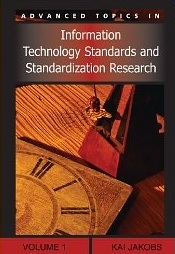 (2006)
(2006)
Network Effects and Diffusion Theory - Extending Economic Network Analysis
Jakobs, K. (ed.): Advanced Topics in Information Technology Standards and Standardization Research, Volume 1, Hershey, PA, ISBN 159140939-X. Erhältlich unter: http://www.igi-global.com/bookstore/chapter.aspx?TitleId=4668
König, W., and Weitzel, T.
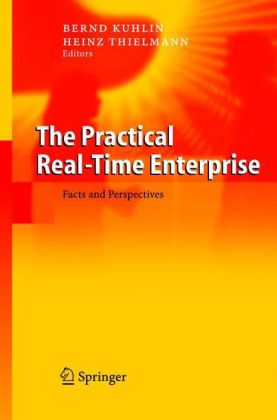 (2005)
(2005)
Towards the E-Enterprise: standards, networks, and co-operation strategies
Kuhlin, B./Thielmann, H. (eds.): The Practical Real Time Enterprise, Springer, Berlin. Online unter: http://www.springerlink.com/content/kj2584106546885g/
König, W., and Weitzel, T.
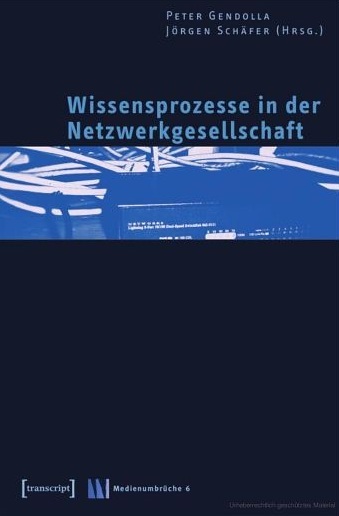 (2005)
(2005)
Ökonomische Analyse von Netzeffekten
In: Peter Gendolla, Jörgen Schäfer (Hg.): Wissensprozesse in der Netzwerkgesellschaft; transcript Verlag, S. 191-218. Erhältlich unter: http://www.amazon.de/Wissensprozesse-Netzwerkgesellschaft-Peter-Gendolla/dp/3899422767/ref=sr_1_1?ie=UTF8&qid=1299161856&sr=8-1
Weitzel, T., and König, W.
 (2005)
(2005)
Die Evolutionsschritte zum E-Enterprise: Standardisierung, Vernetzung und Kooperationsstrategien
Kuhlin, B./Thielmann, H. (Hrsg.): Real Time Enterprise in der Praxis, Springer, Berlin. Erhältlich unter: http://www.amazon.de/Real-Time-Enterprise-Praxis-Ausblick/dp/3540219080
Weitzel, T., Beimborn, D., and König, W.
(2004)
Outsourcing von Finanzprozessen
Management-Kompass IT-Strategie F.A.Z.-Institut , S. 12-17
Weitzel, T., and König, W.
 (2003)
(2003)
Zwischenbetriebliche Kooperationen und elektronische Märkte
in: Küting. K./Noack, H. (Hrsg.) (2003): Der große BWL-Führer - die 50 wichtigsten Strategien und Instrumente zur Unternehmensführung; F.A.Z.-Institut, Frankfurt (ISBN 3-89843-085-5). Erhältlich unter: http://www.amazon.de/BWL-Fuehrer-wichtigsten-Strategien-Instrumente-Unternehmensfuehrung/dp/3898430855/ref=sr_1_1?ie=UTF8&qid=1299163175&sr=8-1
Weitzel, T.
(2003)
Standardisierung und Standards
Taschenbuch der Wirtschaftsinformatik und Wirtschaftsmathematik, Frankfurt am Main (2.Auflage)
Weitzel, T., and von Westarp, F.
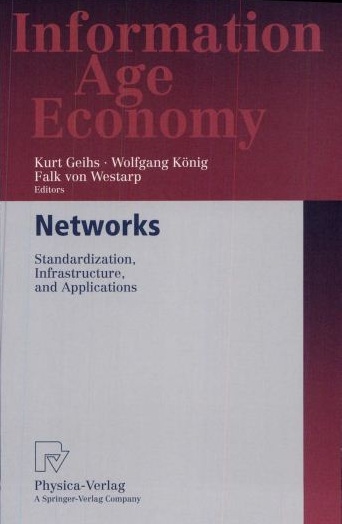 (2002)
(2002)
From QWERTY to nuclear power reactors: Historic battles for the standard
Geihs/Koenig/von Westarp (ed.): Networks - Standardization, Infrastructure, and Applications, Berlin (Springer) 2002, 33-61. Erhältlich unter: http://www.amazon.de/Networks-Standardization-Infrastructure-Applications-Information/dp/3790814490
Weitzel, T.
 (2001)
(2001)
Netzeffekttheorie
Lexikon der Wirtschaftsinformatik, Berlin
Weitzel, T., Buxmann, P., Ladner, F., and Kronenberg, R.
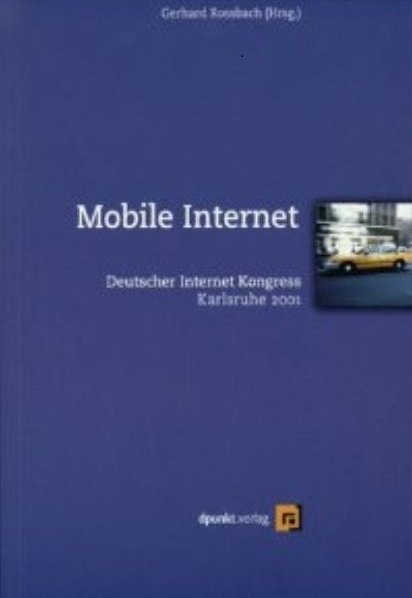 (2001)
(2001)
XML und EDI - Der Stand der Standardisierung
Rossbach, G. (Hrsg.): Mobile Internet, Karlsruhe 2001, 269-283. Erhältlich unter: http://www.amazon.de/Mobile-Internet-Deutscher-Internet-Kongress-Karlsruhe/dp/3898641430
Buxmann, P., and Weitzel, T.
 (2001)
(2001)
Electronic Data Interchange - Eine XML-Anwendung zum Rechnungsaustausch
Turowski, K./Fellner, K. (Hrsg.): XML in der betrieblichen Praxis - Standards, M, Heidelberg. Erhältlich unter: http://www.amazon.de/XML-betrieblichen-Praxis-Klaus-Turowski/dp/3932588916
Weitzel, T., Wendt, O., and von Westarp, F.
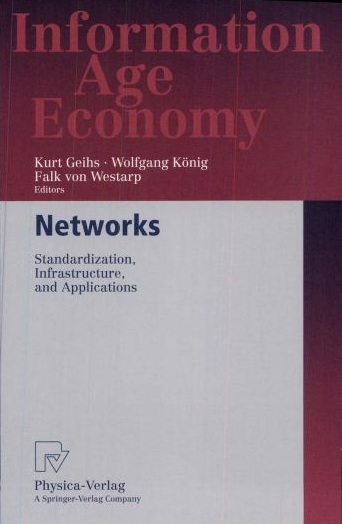 (2001)
(2001)
Modeling Diffusion Processes in Networks
Networks - Standardization, Infrastructure, and Applications, Berlin (Springer ) 2001, 3-31. Erhältlich unter: http://www.amazon.de/Networks-Standardization-Infrastructure-Applications-Information/dp/3790814490
König, W., Weitzel, T., Buxmann, P., and von Westarp, F.
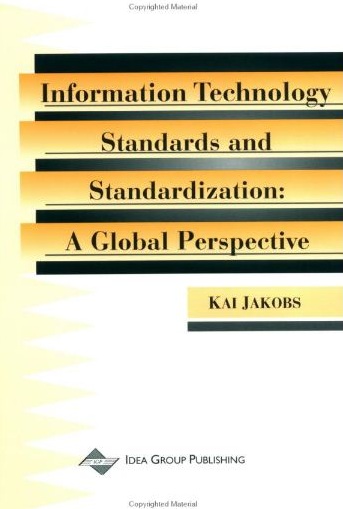 (2000)
(2000)
The Standardization Problem in Networks - A General Framework
Information Technology Standards and Standardization: A Global Perspective
von Westarp, F., Weitzel, T., Buxmann, P., and König, W.
(1999)
Innovationen im Bereich der B2B-Kommunikation - Fallstudien und technische Lösungen zu WebEDI
Augsburg